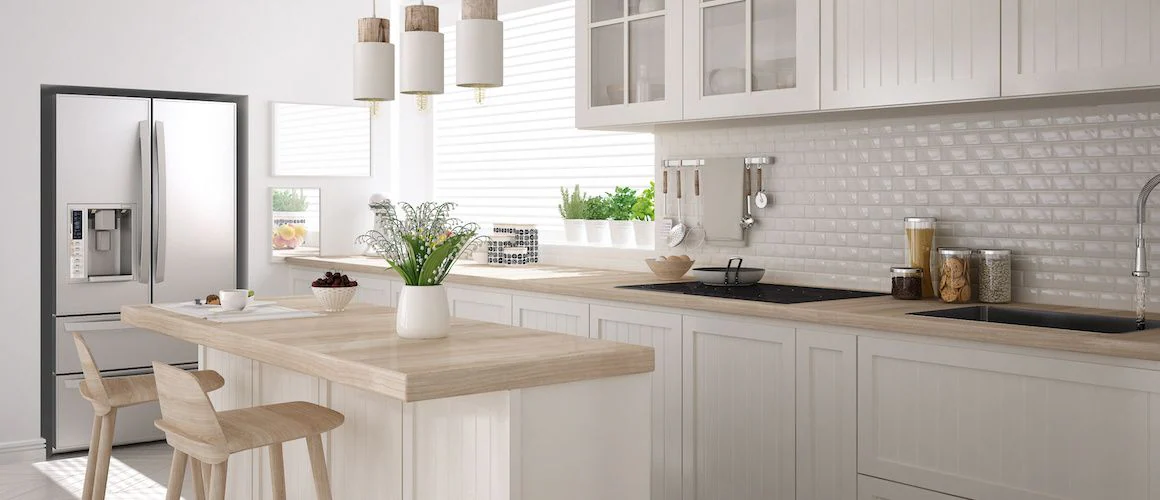Refinancing

Understanding Home Equity Loans: A Complete Guide
Many homeowners underestimate how much they need to pay in closing costs during a mortgage refinance. If closing costs are stopping you from refinancing, a no-closing-cost refinance might be right for you.
What Is A No-Closing-Cost Refinance?
A no-closing-cost refinance is where you don’t pay closing costs upfront. Instead, these costs are either added to your principal or exchanged for a higher interest rate. This means you can refinance without paying closing costs out of pocket.
How Do No-Closing-Cost Refinances Work?
The amount you would pay at closing is rolled into your new mortgage, increasing your monthly payments but not your interest rate. Alternatively, you can take a higher interest rate, which increases your interest payments over time but keeps your principal unchanged.
Average Closing Costs When Refinancing A Mortgage
Closing costs typically range from 2% – 6% of your loan amount and may include:
- Loan Origination Fee: 0.5% – 1% of the loan amount.
- Appraisal Fee: $300 – $500.
- Title Fee: Varies by provider.
- VA Funding Fee: 0.5% for VA loans.
- Mortgage Insurance: 1.75% for FHA loans.
- Credit Report Fee: $25 – $50.
- Discount Points: 1% of the loan amount per point.
Other Costs Associated With A No-Closing-Cost Refinance
You can choose between an increased interest rate or a higher loan balance. Each option has different impacts on your long-term payments.
Increased Mortgage Rates
If you accept a higher interest rate, you will pay more in interest over time. For example, a $150,000 loan at 7.1% interest will cost you more in total interest than the same loan at 6.5%.
Higher Loan Balance
Rolling in your closing costs increases your loan balance and monthly payments. For example, adding $6,000 in closing costs to a $150,000 loan increases your monthly payment and total interest paid over the loan term.
FAQs For No-Closing-Cost Refinancing
Benefits
A no-closing-cost refinance can help you manage immediate financial needs without paying upfront costs.
When It Makes Sense
It’s ideal if you plan to stay in your home for less than 5 years, avoiding large interest payments over time.
When It Doesn’t Make Sense
If you plan to stay long-term, you’ll pay more in interest compared to paying closing costs upfront.
The Bottom Line
A no-closing-cost refinance can be beneficial for short-term stays, but may cost more in interest over the long run. Evaluate your financial situation and housing plans to decide if it’s right for you.
If you’re ready to refinance, get started with HomeLoansByAli® online or call (603) 391-6430.

